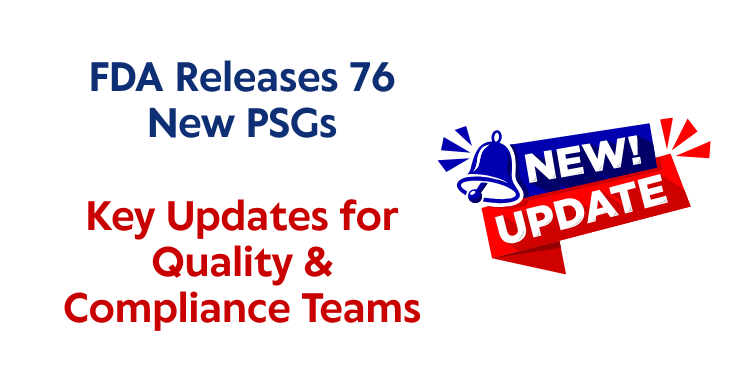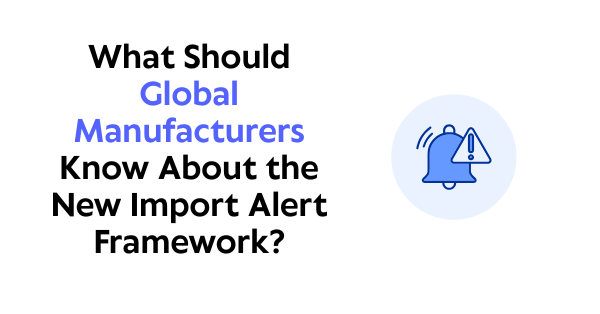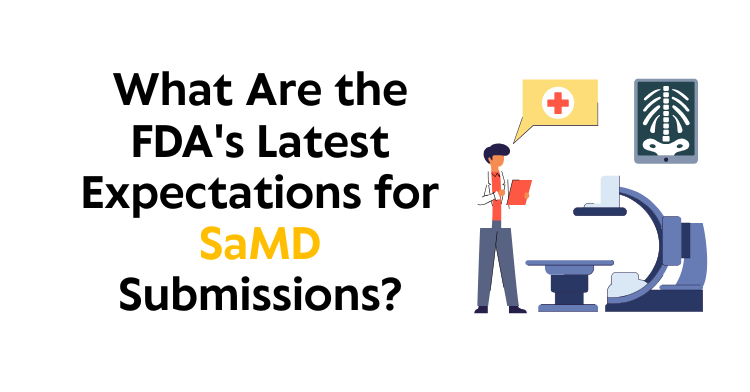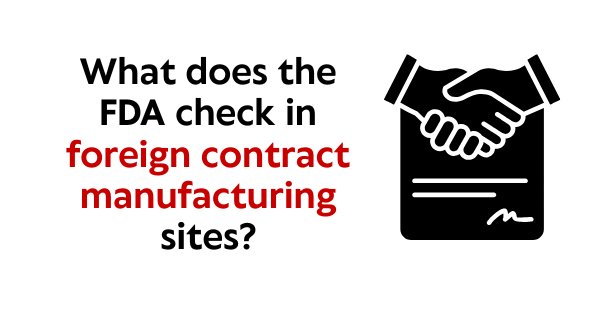Why do so many companies receive citations for weak CAPA and investigation systems?
Weak CAPA (Corrective and Preventive Action) and investigation systems are among the most frequent and serious inspection findings in life sciences and pharmaceutical manufacturing. The root causes are usually not single errors but recurring organizational and process failures: poor root-cause analysis, weak procedures, superficial investigations (often labeled “human error”), ineffective verification of corrective actions, inadequate […]








